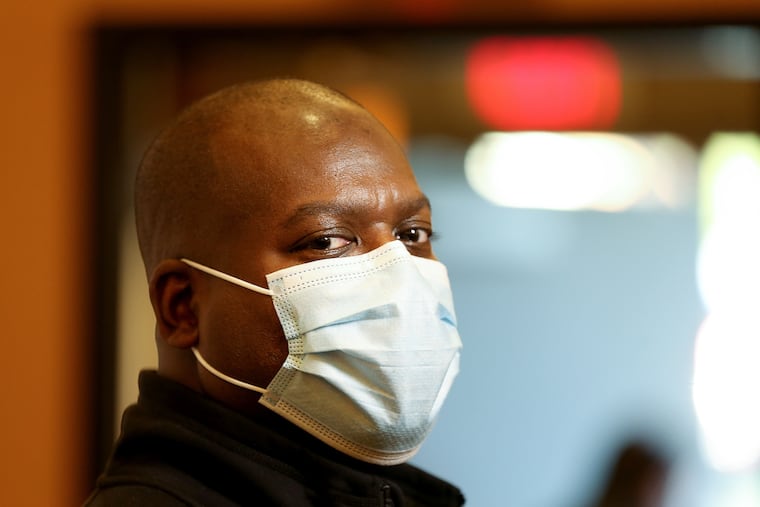Blood thinners help hospitalized COVID-19 patients avoid ventilators, studies suggest
Study details have not been publicized, but the results were promising enough that physicians are expected to use the drugs for all hospitalized COVID patients who do not need intensive care.

Blood-thinning drugs appear to reduce the amount of time moderately ill hospitalized COVID-19 patients must spend on ventilators, federal health officials announced Friday, citing results from three large international studies.
Detailed findings from the studies, one of them overseen by University of Pittsburgh and UPMC researchers, will not be made public for weeks. But the results were promising enough that all three trials have stopped enrolling new patients, on the assumption that many physicians will start using the drugs as part of their standard practice, said Pitt physician Matthew D. Neal.
“We are as close to certain as we can be that the signal is real,” he said.
Physicians began treating patients with high doses of blood thinners early in the pandemic, after finding that some with severe illness had developed abnormal blood clots in the lungs and elsewhere in the body. In a small percentage of cases, clotting led to a stroke, cutting off blood flow to part of the brain.
» READ MORE: He thought he was over COVID, then suffered the 'worst headache' of his life: a stroke
But in December, the three studies found that the drugs did not seem to benefit COVID-19 patients in the intensive-care unit, apparently because they were too sick to tolerate the risk of internal bleeding and other complications.
Still, the studies continued to enroll patients who were hospitalized with moderately ill cases of COVID-19, as researchers were optimistic that the drugs, such as heparin, would prevent such cases from progressing to severe disease.
It now seems that was the right call, said Neal, a UPMC trauma surgeon and critical-care specialist who is co-leading the blood-thinner trial for Pittsburgh.
“It makes sense if we treat early and stop those blood clots from accumulating,” he said.
The new findings were announced by the National Institutes of Health. The impact of the blood thinners was measured in terms of how many days patients needed to spend on ventilators and other forms of organ support.
» READ MORE: Effective COVID-19 drug treatments remain frustratingly elusive a year into the pandemic
By definition, patients in the moderately ill group were not on ventilators or in the intensive-care unit when they started taking the drugs, but some ended up needing that level of care.
To see whether the blood thinners might reduce a patient’s chance of progressing to that stage, researchers gave high doses to some and low doses to others. On average, those who got the high doses ended up needing to spend fewer days on a ventilator, according to a review of the data by independent monitors.
Exactly how much less time is not yet clear, as the results may vary for different subgroups of patients, Neal said.
But the results met a predetermined threshold for statistical significance, he said. Even if the degree of improvement turns out to be just one day, this is good news when the impact is multiplied across hundreds of hospitals worldwide, he said. Heparin is inexpensive and easy to use, so if it helps at all, the case for using it is solid, he said.
“In the midst of a pandemic and surges, even if it’s a single day, the impact of this would be profound,” he said.
Ryan Zarychanski, a University of Manitoba physician who also was involved in the trials, posted a similar sentiment on Twitter.
“This will define a new standard of care for patients with COVID-19 in hospital but not on life support,” he wrote.